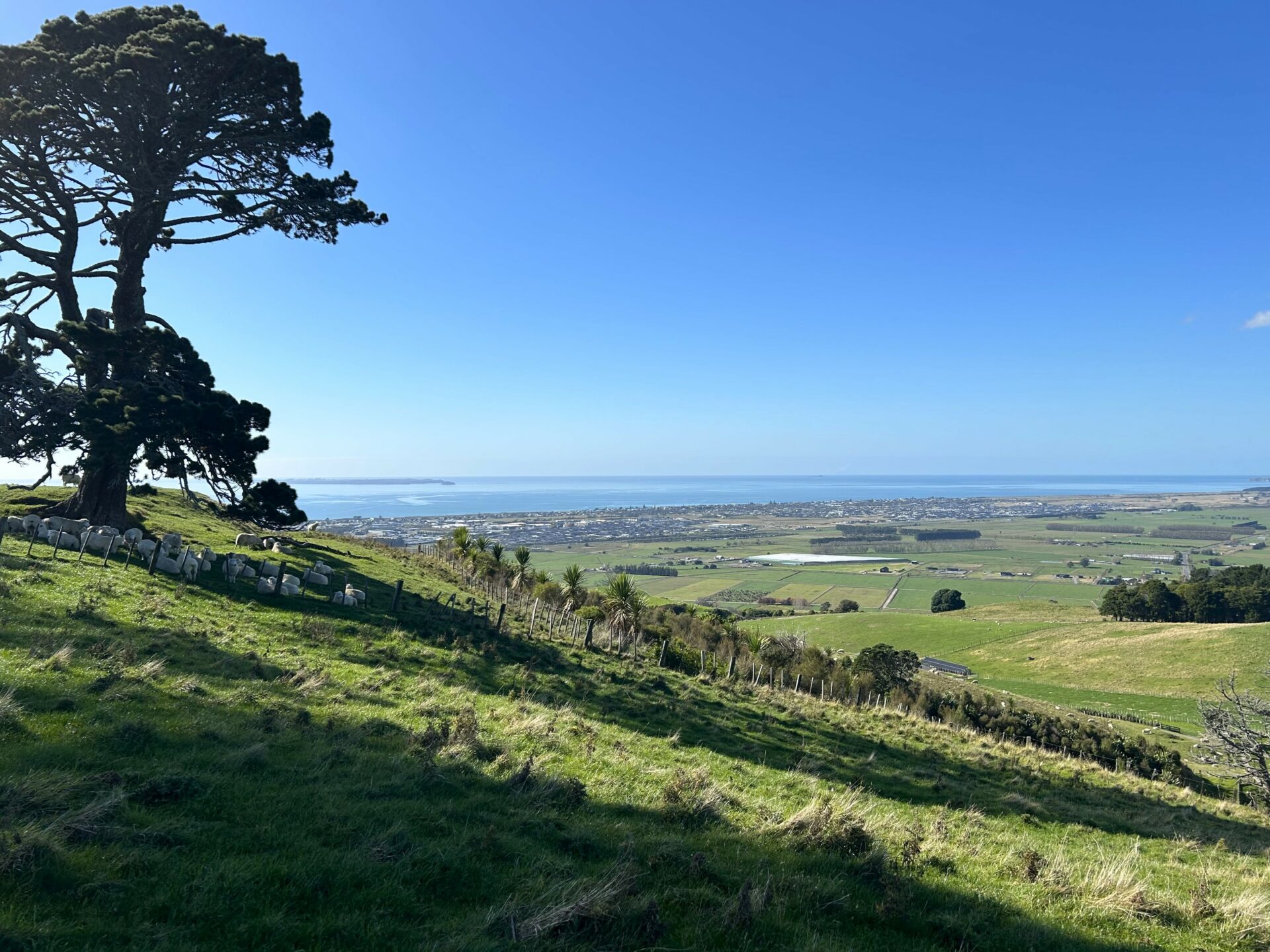The Government is seeking feedback on changes to how the National Environmental Standards for Plantation Forestry (NESPF) manage plantation and exotic carbon forests.
Under the Emissions Trading Scheme (ETS) the forestry sector can earn (and then sell) carbon credits by planting exotic forests, which absorb carbon dioxide and contribute to meeting emissions reduction targets. This provides an economic incentive to plant more exotic forests, and the increasing price of carbon credits is driving rapid growth in afforestation.
The NESPF sets regulatory controls on plantation forestry under the Resource Management Act but does not currently apply to exotic carbon forests. Essentially, plantation forests are forests that have been established for commercial purposes whereas exotic carbon forests are non-indigenous forests that are not harvested below a certain level of canopy cover – also known as permanent forests. These forests are planted to absorb carbon rather than for harvesting.
The Government has raised concerns about the growth in exotic forests causing adverse environmental effects, including by converting farm land to forestry, reducing habitat for indigenous species, and increasing wildfire risk and the spread of wilding pines. To address these concerns, the Government is proposing the following changes to the NESPF:
- Expanding its coverage to exotic carbon forests.
- Controlling the location of afforestation for both types of forests.
- Improving wildfire risk management for both types of forests.
- Addressing some findings from the Year One Review of the NESPF.
The latter includes enabling foresters and councils to better manage adverse effects in relation to wilding pines. Both plantation forests and exotic carbon forests have a risk of wilding pine spread however, as it stands, while both are subject to the requirements contained in regional pest management plans, only plantation forestry must meet the wilding pine requirements set out in the NESPF.
You can review the proposed changes and lodge a submission at: National direction for plantation and exotic carbon afforestation | NZ Government (mpi.govt.nz).
Submissions close 18 November 2022.
Please do not hesitate to contact us for advice around what these changes mean for you or your business.



